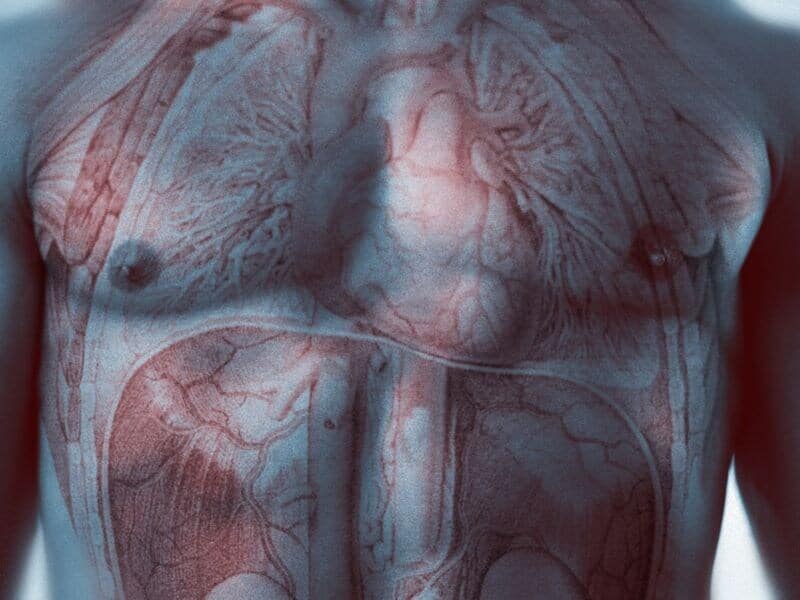THURSDAY, June 20, 2019 (HealthDay News) — Cardiac resynchronization therapy with defibrillator (CRT-D) implantation is associated with better outcomes than an implantable cardioverter-defibrillator (ICD) for patients with nonspecific intraventricular conduction delay (NICD) but not for those with right bundle branch block (RBBB), according to a study published in the June 25 issue of the Journal of the American College of Cardiology.
Hiro Kawata, M.D., Ph.D., from the University of California in Irvine, and colleagues examined clinical outcomes among Medicare-aged patients with NICD versus RBBB who were eligible for implantation with a CRT-D. Data were included for 11,505 non-left bundle branch block (LBBB) CRT-eligible patients.
The researchers found that for patients with RBBB, CRT-D was not associated with improved outcomes versus ICD alone, regardless of QRS duration. CRT-D correlated with reduced mortality at three years compared with ICD alone (hazard ratio, 0.602) among patients with NICD and a QRS ≥150 ms. After multivariable adjustment, among 5,954 CRT-D-implanted patients, NICD versus RBBB correlated with lower mortality at three years in those with a QRS duration of ≥150 ms (hazard ratio, 0.757).
“In summary, the results from this study provide important data indicating that not all non-LBBB morphologies are the same,” write the authors of an accompanying editorial. “These findings will need to be confirmed with further studies, either from prospective trials or pooled data from previous randomized trials.”
Several authors disclosed financial ties to the biopharmaceutical industry.
Abstract/Full Text (subscription or payment may be required)
Editorial (subscription or payment may be required)
Copyright © 2019 HealthDay. All rights reserved.



